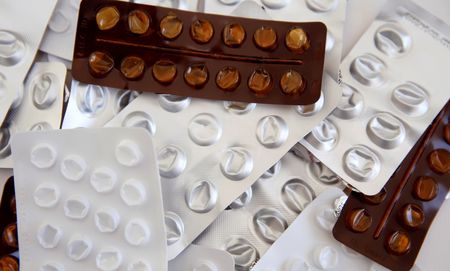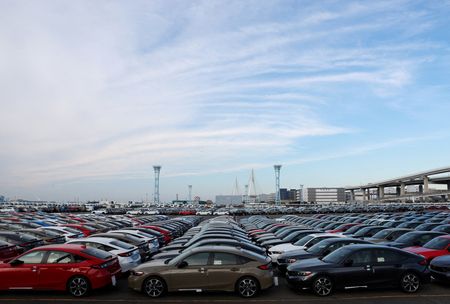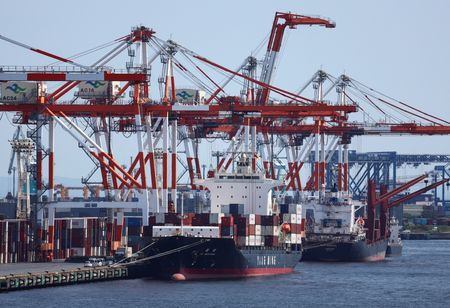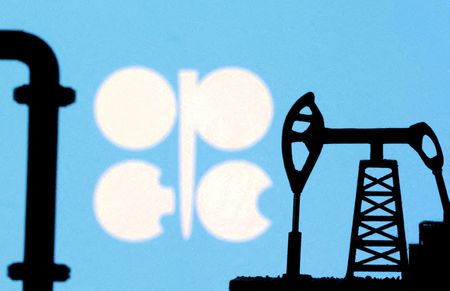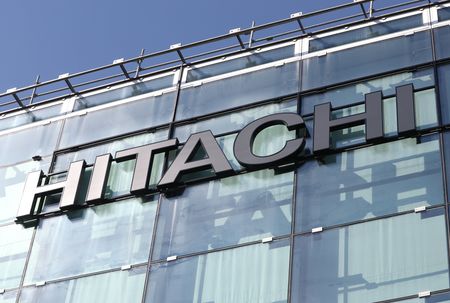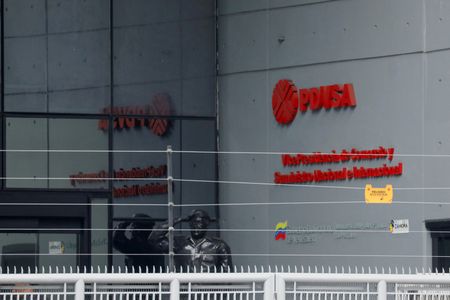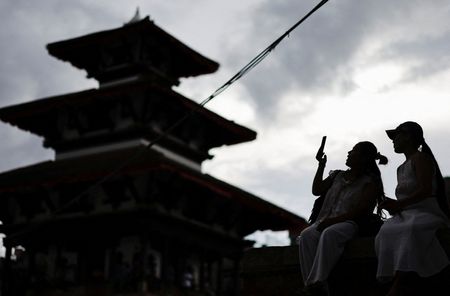By Sriparna Roy and Rishika Sadam
NEW DELHI (Reuters) -India is seeking to boost drug exports to semi-regulated markets in Africa, Latin America and Southeast Asia to reduce its dependence on the U.S., where tariff concerns pose risks, officials from a government-backed trade body told Reuters on Thursday.
The Pharmaceuticals Export Promotion Council of India (Pharmexcil) also plans to push for sales of finished goods to China to bridge the trade deficit, the officials said. The Indian industry imports more than 60% of its raw materials and active pharmaceutical ingredients from China.
While Indian pharmaceutical exports are currently exempt from President Donald Trump’s tariffs of up to 50%, growing uncertainty and tensions between the countries have kept the industry cautious.
“It is a matter of concern for us,” Pharmexcil Chairman Namit Joshi said, referring to the U.S. tariffs.
The U.S. is India’s largest market and accounts for slightly more than a third of India’s pharmaceutical exports, which comprise mainly cheaper generic versions of popular drugs. Exports to the country rose 20% to about $10.5 billion in fiscal 2025.
“The point is how medium and small enterprises and big companies can come together and work on those (semi-regulated)markets,” Bhavin Mehta, Pharmexcil’s vice chairman, said on the sidelines of a conference.
The trade body plans to submit its related plan to the government by next week, Mehta said.
Earlier this week, Reuters had reported about India’s plans to increase pharmaceutical exports to Russia, the Netherlands and Brazil, citing two industry sources.
India recorded a trade deficit of $99.2 billion with China in the fiscal year that ended in March 2025, driven by a surge in imports of electronic goods and consumer durables.
“If 20% trade deficit gets covered by exporting back to China, I think we (could) generate $6 billion from China,” Pharmexcil’s Joshi said on Thursday.
(Reporting by Sriparna Roy and Rishika Sadam in New Delhi; Writing by Mariam Sunny in Bengaluru; Editing by Dhanya Skariachan and Saumyadeb Chakrabarty)

